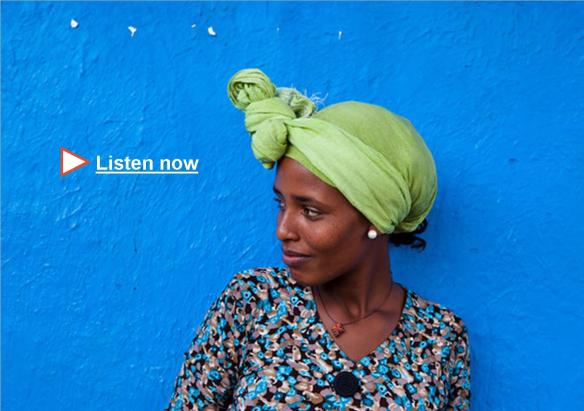 Lewis Temple, Chief Executive of iDE UK has just taken part in a radio discussion panel for Voice of Russia to debate the role of women farmers in Africa in poverty alleviation and economic growth. He thinks it’s time to invest in women farmers! Why not have a listen?
Lewis Temple, Chief Executive of iDE UK has just taken part in a radio discussion panel for Voice of Russia to debate the role of women farmers in Africa in poverty alleviation and economic growth. He thinks it’s time to invest in women farmers! Why not have a listen?
Here are some of the key points Lewis made:
“The United Nations has calculated that one dollar invested in a woman farmer achieves the equivalent of eleven dollars invested in a male farmer, in terms of the benefits for nutrition and health for the children in that family. So, you can see if you want to get your bang for the buck, it makes good economic sense to invest in women farmers. The experience is that in the aid business, the aid industry, investment in women farmers has been sadly lacking. Only something in the region of 10% of agriculture investment through aid is directed towards women farmers. So something’s gone wrong there. We [iDE] are part of the global coalition called Farming First, which is strongly pushing for increased investment into women farmers.”
“At iDE we work a lot to introduce smallholder farmers into horticultural production to grow fruit and vegetables for the local market. Often that’s a kind of production system that is particularly suited to balancing the responsibilities of women with their families, with also producing produce for the market and selling. This is essential to give them a chance to increase their incomes. In our programme in Ethiopia we’ve seen an increase in income up to 300 dollars, as a result of moving to horticultural production of fruit and vegetables.”
“With the growing urban population in many African countries there’s increased demand for that kind of produce as people’s appetites become greater for fruit and vegetables. There is that market opportunity for them, and women farmers are often in the best place to be able to take advantage of that market opportunity.”
“The key message is – smallholder farmers and women in particular, are viable businesses. That to move from subsistence agriculture to growing for the market can have transformative impacts on incomes and the livelihoods of those farmers.”

